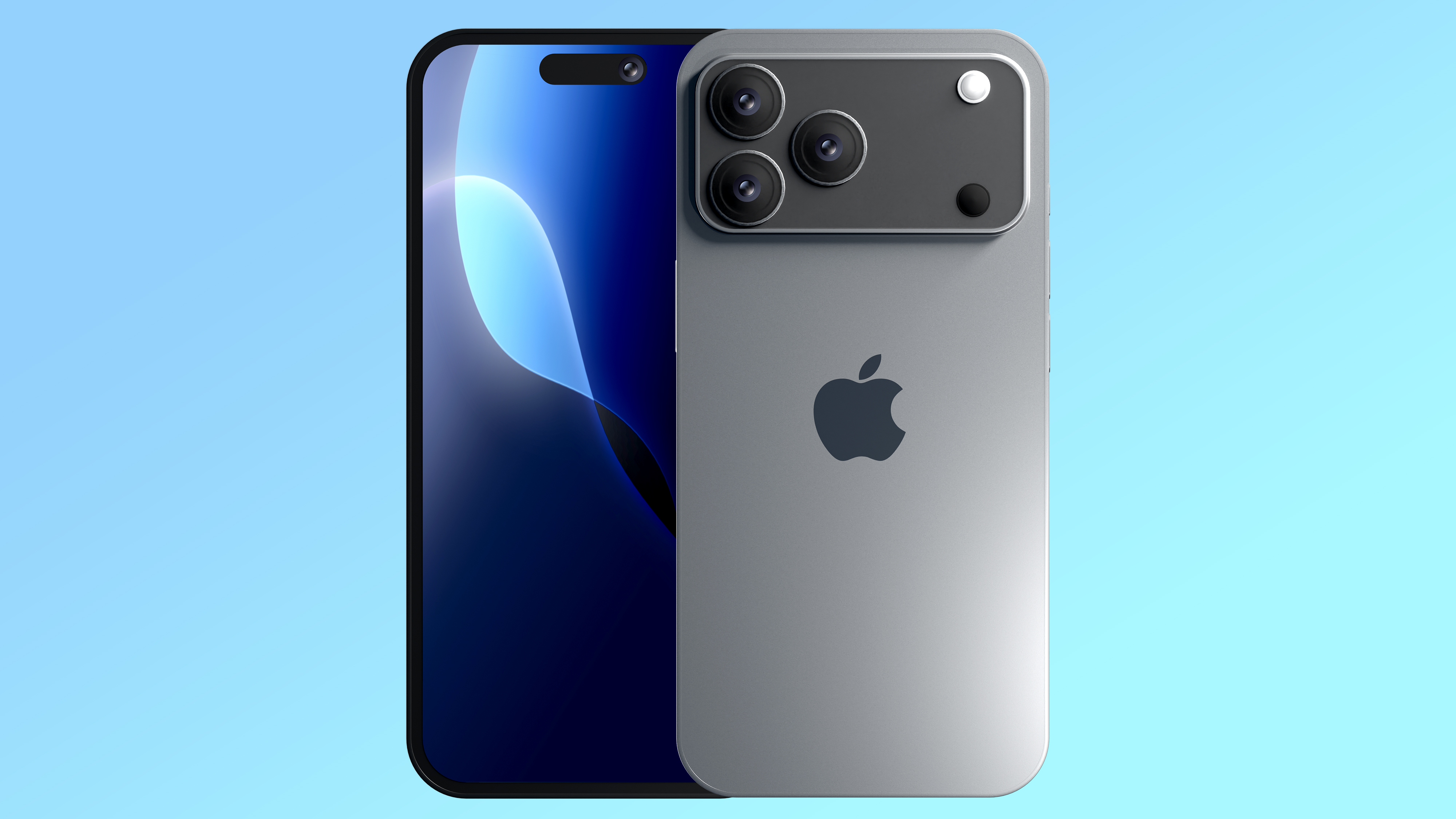OpenAI Set to Launch AI-Powered Web Browser to Compete with Google Chrome

SAN FRANCISCO — OpenAI is reportedly on the verge of introducing an innovative web browser powered by artificial intelligence (AI), a move that could significantly disrupt the current browser landscape dominated by Google Chrome. According to three sources familiar with the situation who spoke with Reuters, the anticipated launch is expected in the coming weeks and aims to transform the way consumers navigate the internet.
This new browser is not merely a technical upgrade; it represents a strategic initiative by OpenAI to gain deeper access to user data—a crucial element that has contributed to Google's success in the digital advertising world. Currently, Google Chrome serves as a linchpin for Alphabet’s advertising revenue, which constitutes nearly 75% of the company's overall income. Chrome gathers user data that enables Google to deliver highly targeted advertisements, a practice that has proven to be extremely profitable. Additionally, Chrome’s default status as a search engine directs significant traffic towards Google’s own search platform.
One of the standout features of OpenAI's upcoming browser is its design, which allows users to interact with a ChatGPT-like native chat interface instead of simply clicking through traditional web pages. This integration is part of OpenAI's broader vision to embed its AI functionalities into everyday consumer and professional activities, as indicated by one of the sources.
OpenAI has yet to release an official comment regarding the new browser. The sources chose to remain anonymous due to the confidential nature of the information.
Under the leadership of entrepreneur Sam Altman, OpenAI has already made waves in the tech industry with the launch of its AI chatbot, ChatGPT, in late 2022. Following that success, the company has faced increasing competition from major rivals, including Google and the emerging startup Anthropic. To explore new avenues for growth, OpenAI announced its entry into the hardware sector in May, acquiring the AI devices startup io for a substantial $6.5 billion from renowned designer Jony Ive, formerly of Apple.
The new browser will allow OpenAI to seamlessly integrate its AI agent products, such as the upcoming Operator, directly into the browsing experience. This capability is expected to enable the browser to perform various tasks on behalf of users, including making reservations or pre-filling forms on different websites.
However, OpenAI faces a considerable challenge ahead. Google Chrome boasts more than three billion users worldwide, commanding over two-thirds of the global browser market, as reported by web analytics firm StatCounter. In comparison, Apple’s Safari, which holds the second position, lags significantly behind with a mere 16% market share. OpenAI has recently revealed that it has garnered approximately three million paying business users for ChatGPT, highlighting its growing influence in the tech world.
Interestingly, the competition is heating up in the AI browser realm. Just last week, the AI search engine Perplexity introduced its own AI browser, named Comet, designed to perform various actions on behalf of users. Additionally, other AI-driven startups, including The Browser Company and Brave, have launched their own AI-powered browsers that offer features such as browsing and summarizing web content.
The significance of Chrome in Google’s advertising strategy has drawn scrutiny, with the Department of Justice previously calling for its divestiture. A U.S. judge ruled last year that Alphabet operates an unlawful monopoly in the online search market, prompting ongoing legal battles. Despite this, Google has not expressed any intentions to sell Chrome and plans to appeal the ruling.
OpenAI's decision to develop its own browser, rather than simply creating a plug-in for an existing browser, stems from a desire to wield greater control over the data it collects, according to one source. The upcoming browser is built on Chromium, the open-source base code for Google Chrome, which also underpins several other competing browsers, including Microsoft Edge and Opera. Furthermore, OpenAI's strategic hiring of two former Google vice presidents, who were integral to the initial development of Chrome, underscores its ambition to carve out a significant space in the browser market. The Information first reported on these hires, as well as OpenAI's prior considerations to develop a browser. Notably, an OpenAI executive disclosed earlier this year that the company would be interested in acquiring Chrome if antitrust regulators successfully compelled its sale.
As the browser landscape evolves, the potential arrival of OpenAI's AI-driven browser could usher in a new era of online navigation, characterized by personalized interactions and enhanced user experiences.




























